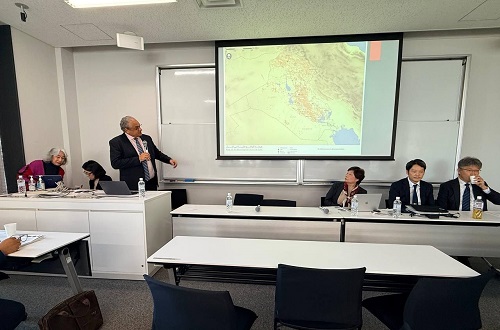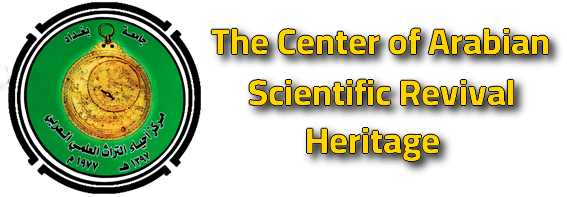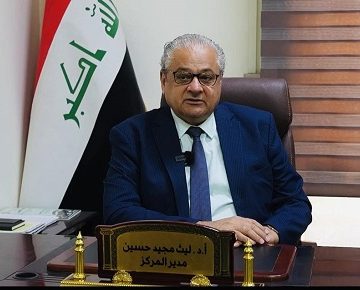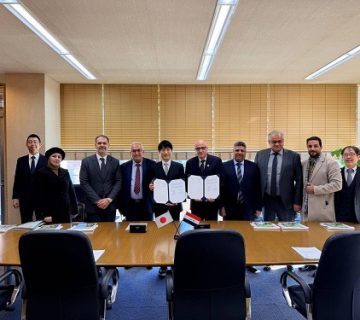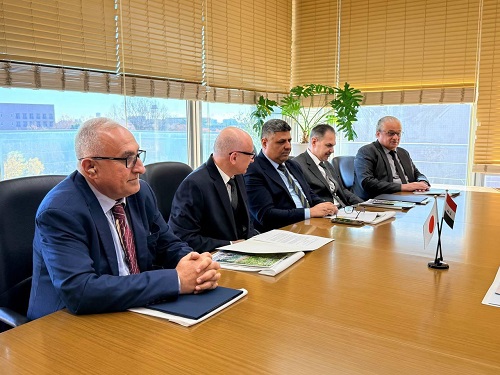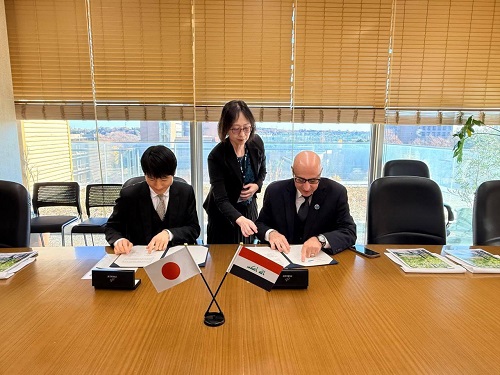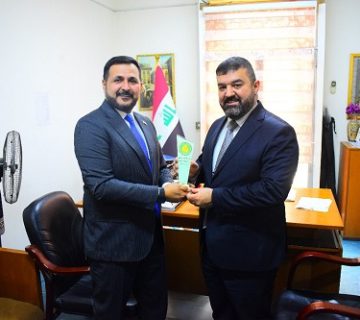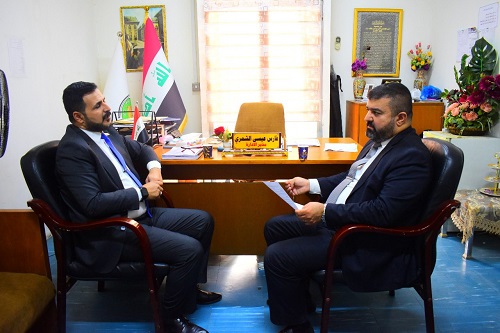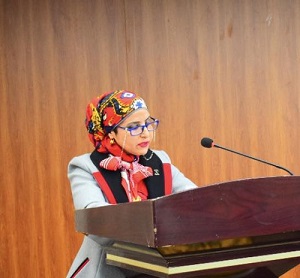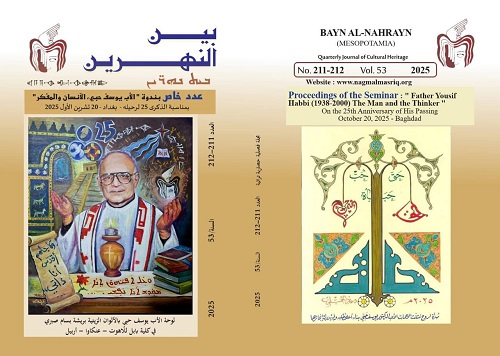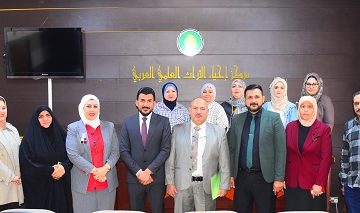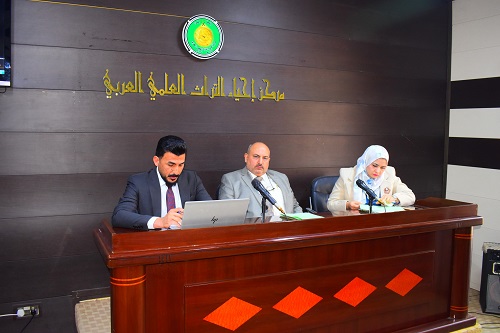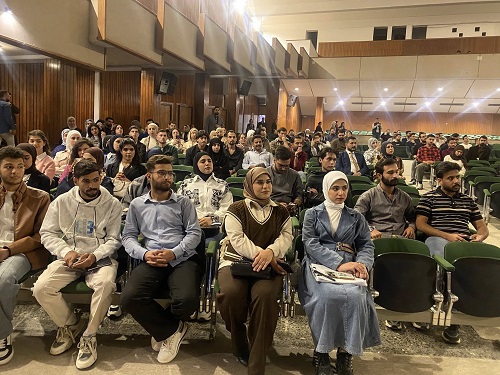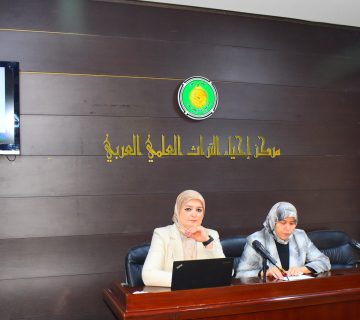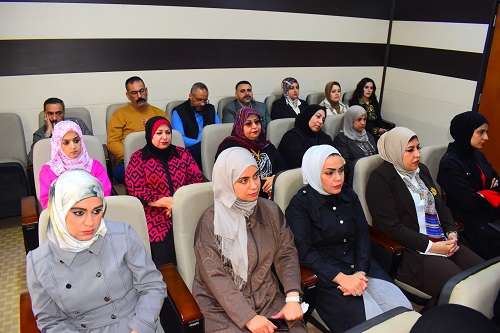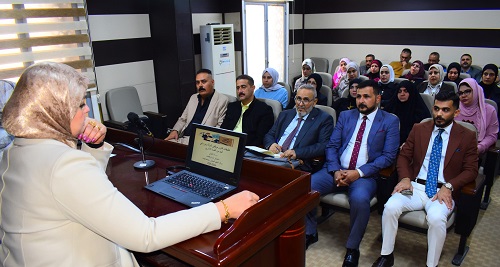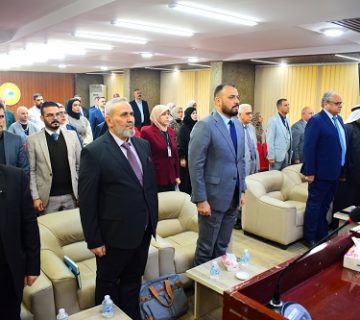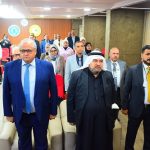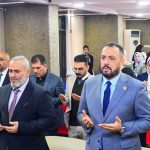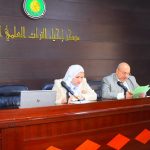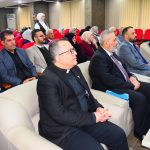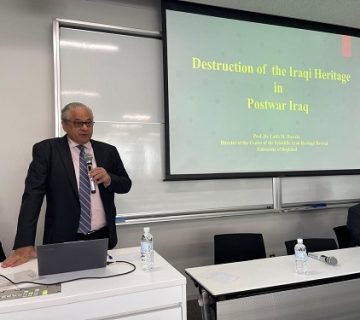
Lecture in Japan
Director of the Center for the Revival of Arab Scientific Heritage Delivers Lecture in Japan During the Second Day of the 16th Iraqi–Japanese International Conference
Professor Dr. Laith Majid Hussein, Director of the Center, delivered a scientific lecture in Japan as part of the second day of the 16th Iraqi–Japanese International Conference. He began his talk by emphasizing the historical and human significance of Mesopotamian civilization, describing it as the cradle of human civilizations for thousands of years.
His lecture addressed the scale of the cultural catastrophe that Iraqi heritage suffered following the 2003 war, highlighting that it represents one of the most severe disasters in the contemporary world concerning human heritage. He also shed light on the extensive destruction caused by ISIS between 2015 and 2017 at archaeological and heritage sites, and the devastating effects these attacks had on Iraq’s civilizational legacy.
The lecture reviewed reconstruction and rehabilitation efforts for many sites carried out by international organizations and supporting partners, in addition to other factors threatening archaeological sites, such as random excavations and climate change. This year’s conference included five scientific sessions held across Waseda and Hiroshima universities, alongside the signing of a memorandum of understanding with Tokyo University of Foreign Studies to strengthen academic and research cooperation. The Center’s Director also participated in several academic activities alongside the University President and a delegation of academics from several Japanese research universities.
